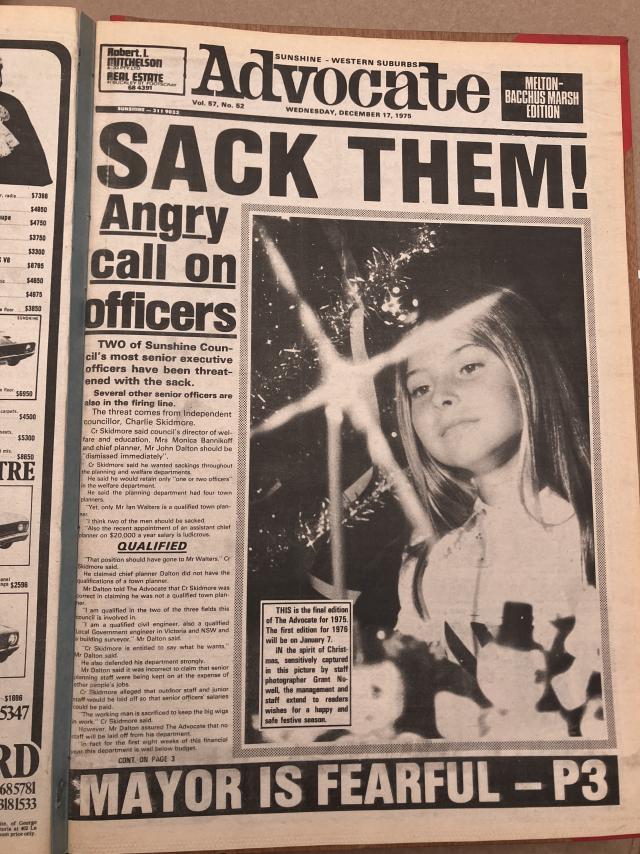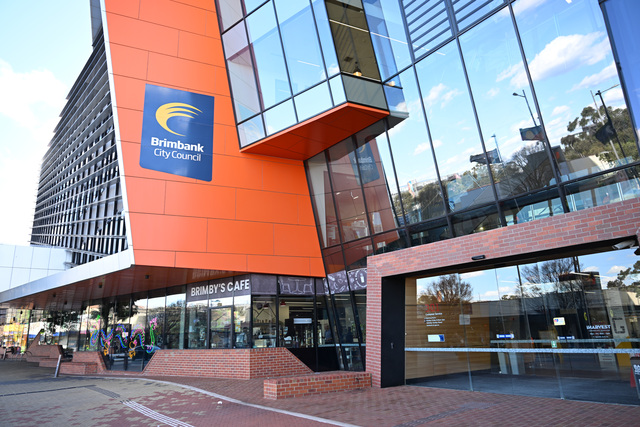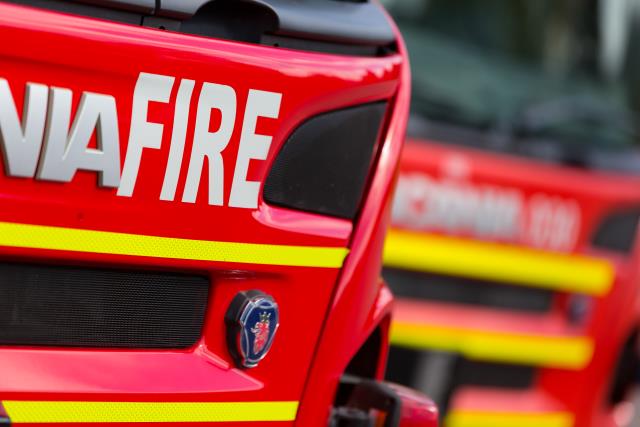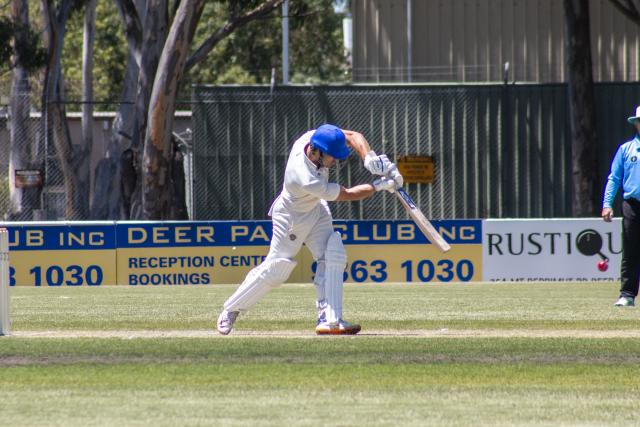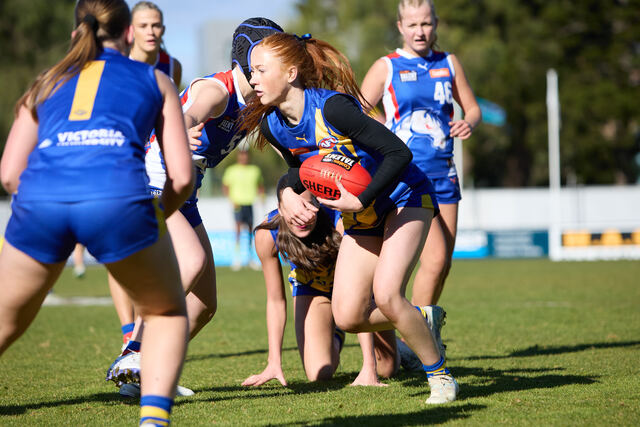Paramedics say they are not ready to accept a 12 per cent pay rise offered over the next three years because the Napthine government is trying to replace them with less trained first-aiders in rural locations.
The union has also refused the proposal because it comes on the condition Ambulance Victoria can argue its case for more ”workplace flexibility” changes through consent arbitration at the Fair Work Commission next year.
While Ambulance Employees Australia recently proposed the same wage increase of 12 per cent over three years in voluntary conciliation with AV, state secretary Steve McGhie said the service was trying to introduce unacceptable changes so it could do more with less.
He said the service, which is under pressure to improve its response times, was trying to strip paramedics of their current right to a meal break and bring in a new staff relief system where all paramedics could be sent across the state to work in areas of need, even if they don’t want to go.
The service was also trying to cut back entitlements for part-time workers and use more ambulance community officers – employed on a casual basis to provide advanced first aid in rural areas in the absence of paramedics.
”The ambulance service wants to utilise them more, not only in their own local area, but in other areas and they want to utilise them on a broader range of cases,” Mr McGhie said. ”We’re talking both emergency and non-emergency cases where these people may be utilised to transfer patients from one country town to another country town.
”That is concerning … We don’t want community officers to replace professional paramedics.”
Ambulance community officers undertake an initial 96-hour training program, followed by 30 hours of training a year to keep their skills up to date. Victorian paramedics are university-trained with a three-year bachelor’s degree.
On Thursday, Premier Denis Napthine moved to end a 15-month-long dispute with paramedics by offering them a new ”fair and reasonable” pay offer of 6 per cent in 2014, followed by 3 per cent in 2015, and another 3 per cent in 2016.
The deal came with a $1500 bonus for every paramedic who signed on and an agreement to seek arbitration on any matters that remain outstanding.
”The government firmly believes that this [is] a fair offer for our ambulance officers,” Dr Napthine said.
It came after an Age/Nielsen poll of 1000 voters showed the Coalition’s primary vote had slipped from 45 per cent at the 2010 election to 40 per cent this month, with health a major issue for voters.
Just 10 per cent said the health system had improved since the 2010 election, 44 per cent said it had stayed the same and 40 per cent said it had deteriorated.
Mr McGhie said he was not willing to sign a deal. ”It’s not acceptable at this stage. There are a number of items that still need quite substantial negotiation. We’ll put a formal response to Ambulance Victoria and we’ll probably propose that we meet … possibly next week some time,” he said.

